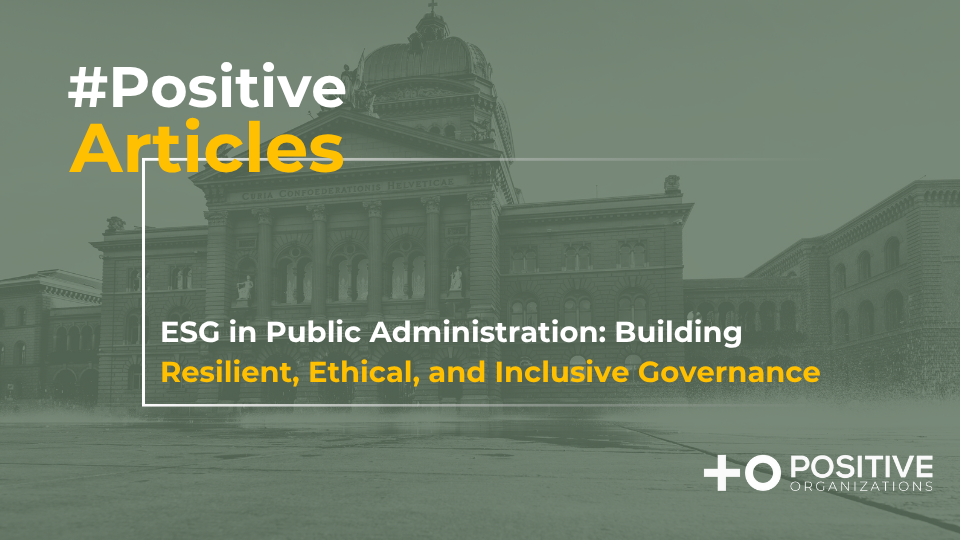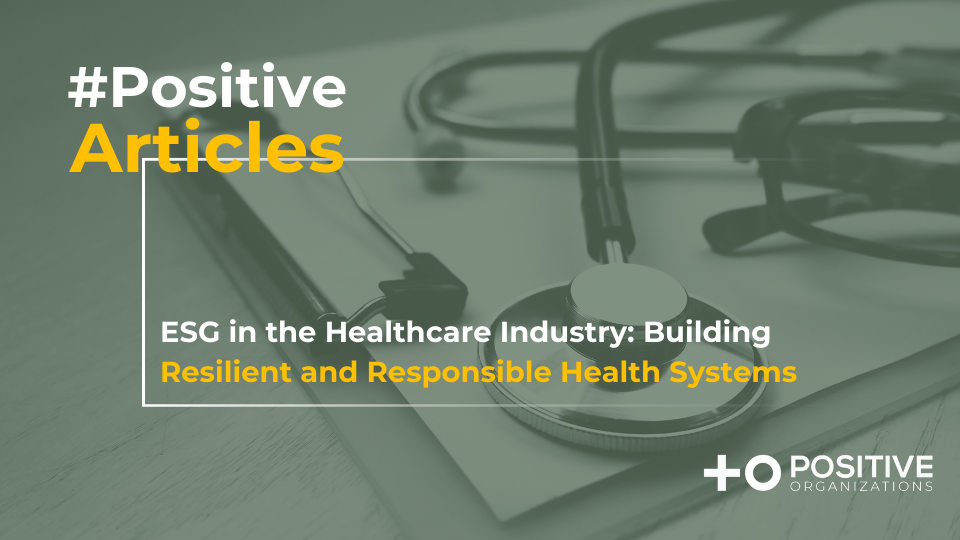News & Publications
.png)

Green marketing has become a dominant trend in business strategy, with companies eager to showcase their commitment to sustainability. When executed with integrity, it serves as a powerful tool to promote real environmental responsibility. However, many brands exploit this approach, manipulating consumer perception without making substantial efforts toward sustainability. This deceptive practice, commonly known as "greenwashing," undermines the true potential of green marketing and erodes public trust.
At its best, green marketing aligns business objectives with genuine environmental stewardship. Ethical companies invest in sustainable sourcing, reduce their carbon footprint, and innovate with eco-friendly products. Transparent and data-driven communication ensures that consumers make informed choices, reinforcing brand credibility while promoting sustainability. Organizations that take this approach contribute meaningfully to environmental progress, fostering long-term consumer trust and loyalty.
Unfortunately, far too many businesses use green marketing as a manipulative tactic rather than a genuine commitment. According to the European Commission, 53% of green claims made by companies are vague, misleading, or unfounded, and 40% of them provide no supporting evidence at all (European Commission, 2020). Half of all green labels on the EU market offer weak or non-existent verification, undermining consumer confidence. With over 230 sustainability labels and 100 green energy labels in use across Europe—each with vastly different levels of transparency—navigating what is truly sustainable has become increasingly difficult for consumers.
To address these issues, the European Commission has proposed the Green Claims Directive, published in March 2023, which will require companies to provide clear, evidence-based, and independently verified information when making environmental claims. The goal is to protect consumers from greenwashing and to create a common EU standard for credible and comparable sustainability communication.
While the Green Claims Directive is a European initiative, it reflects a broader global shift: more and more countries are introducing regulations to prevent greenwashing, meaning that credible, data-backed sustainability communication is rapidly becoming a worldwide standard.
As a results, companies must be especially mindful of how they communicate their sustainability efforts. Take, for example, companies that brand their packaging as "biodegradable" without clarifying the conditions required for decomposition. Or major corporations that highlight a single sustainable initiative while ignoring the extensive environmental damage caused by their core business operations. Such tactics not only mislead but also shift responsibility onto consumers, who are left to navigate a landscape filled with half-truths and misinformation.
For companies that genuinely want to leverage green marketing without compromising ethics, transparency is paramount. Businesses must back up sustainability claims with real data—clear lifecycle analyses, third-party certifications, and measurable environmental impact reports. Vague buzzwords like "eco-friendly" and "green" must be replaced with verifiable metrics that prove a company’s commitment to reducing its environmental footprint.
Moreover, sustainable communication should be holistic rather than selective. If a company touts carbon neutrality, it must disclose how it achieves it—whether through actual emissions reductions or merely purchasing carbon offsets. Anything less risks exposing the business to regulatory scrutiny and consumer backlash.
Green marketing is therefore a double-edged sword. When backed by real action, it empowers consumers and businesses alike to drive environmental progress. However, when misused, it becomes a cynical ploy to exploit consumer trust while doing little to address the urgent sustainability challenges we face. Companies must recognize that greenwashing is not just unethical—it is a short-sighted strategy that ultimately damages credibility, risks legal consequences, and slows down genuine sustainability efforts. In today’s era of informed and skeptical consumers, only businesses that prioritize transparency and real impact will thrive. The rest will be exposed for what they truly are: opportunists cloaked in a shade of green they never earned.
At Positive Organizations, we support companies indeveloping credible and compliant environmental claims by applying scientific methodologies such as Life Cycle Assessment (LCA). Whether you are aiming to validate product-level sustainability, prepare for the requirements of the Green Claims Directive, or simply communicate your environmental performance with integrity, we help turn ambition into measurable, verifiable results.
Start Your
Journey Today









.png)





